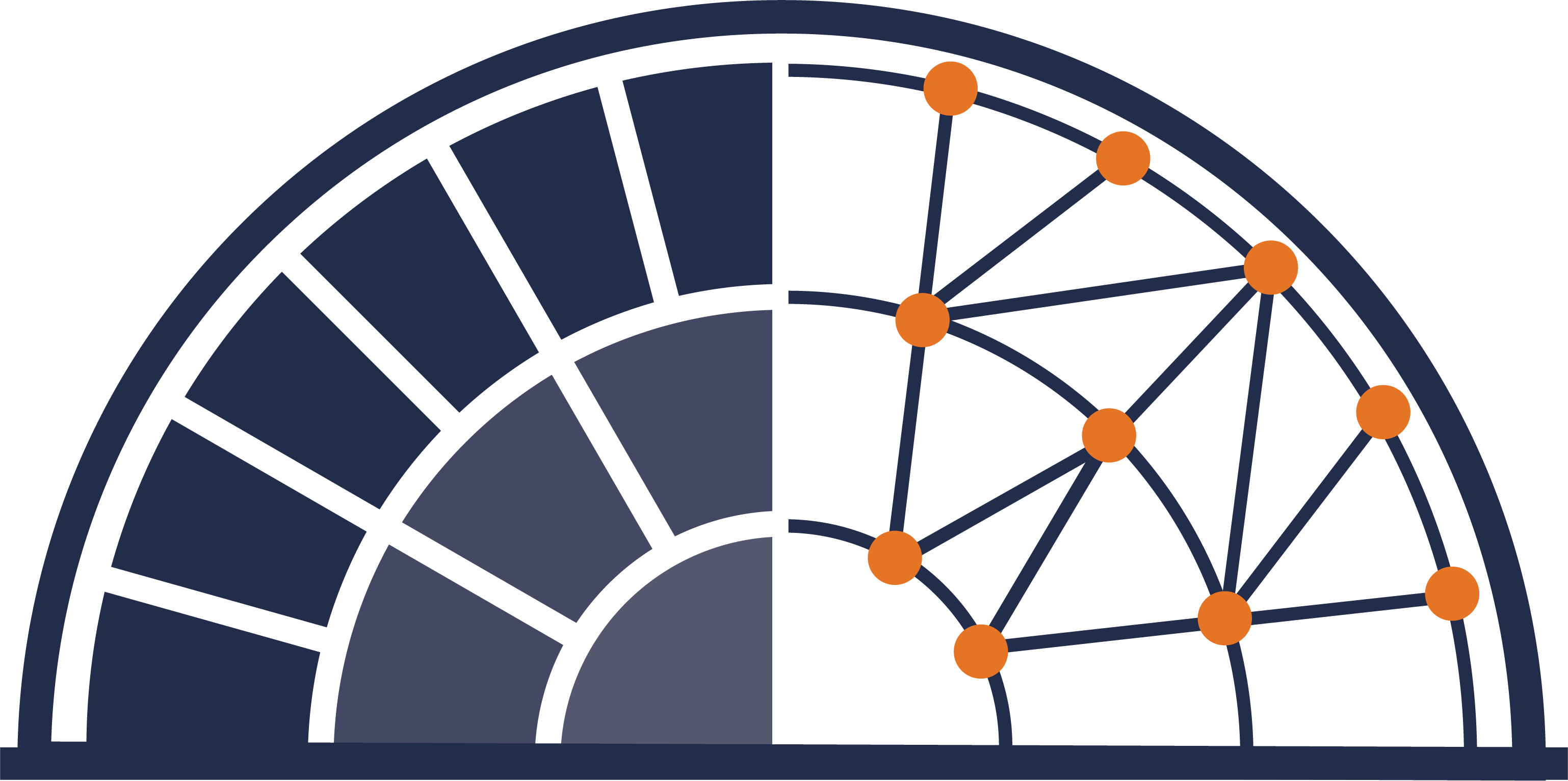Academic Year 2025-26
| Semester/Year Offered | Course ID | Title | Instructor | Area of Practice | Research Data Type | Related Tools | Related Projects | Affiliation |
|---|---|---|---|---|---|---|---|---|
| Spring 2026 | DH 7008 | DH Practicum | UVA | |||||
| Spring 2026 | ARAH 9510 | Lay Piety: Religion in Everyday Medieval Life | UVA |
No Academic Year
| Semester/Year Offered | Course ID | Title | Instructor | Area of Practice | Research Data Type | Related Tools | Related Projects | Affiliation |
|---|---|---|---|---|---|---|---|---|
| Spring | DH 7008 | Data Design for Digital Humanists | UVA | |||||
| Spring | SARC 5400 | Data Visualization | UVA | |||||
| Spring | DH 7008 | DH Practicum: Data Design for Humanists | UVA | |||||
| Spring | ARH 8006 | Digital Humanities & Visual Culture: Untold Narratives of Albemarle County | UVA | |||||
| Spring | LAR 7500 | Digital Landscape Studies | UVA | |||||
| Spring | LAR 7500 | Digital Landscape Studies | UVA | |||||
| Spring | ENGN 5559 | Digital Literary Studies | UVA | |||||
| Spring | ENGL 3500 | Hacking for Humanists | UVA | |||||
| Spring | AMST 3001 | Hands-On Public History | UVA | |||||
| Spring | DH 8993 | Independent Study | UVA | |||||
| Spring | SPAN 4500 | Indigenous Arts Initiative: Mesoamérica Digital | UVA | |||||
| Spring | DS 8991 | Introduction to Digital Humanities | UVA | |||||
| Spring | DH 8991 | Introduction to Digital Humanities | UVA |
